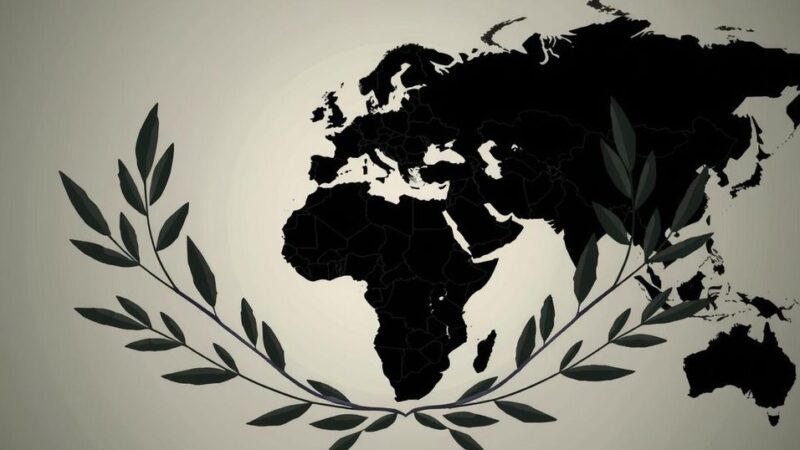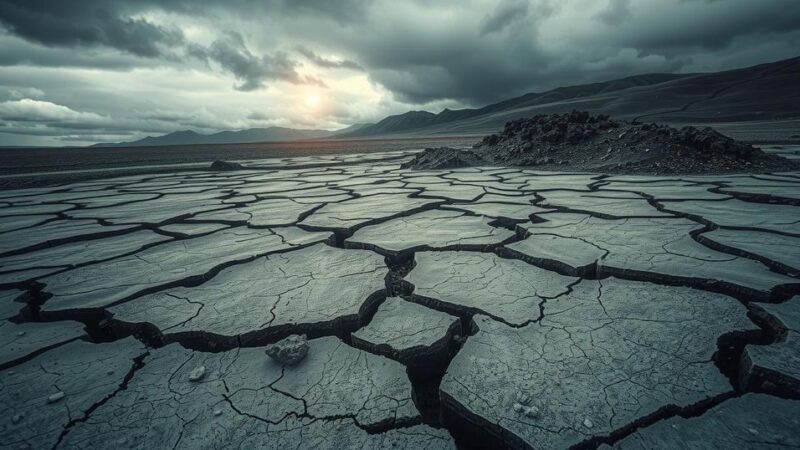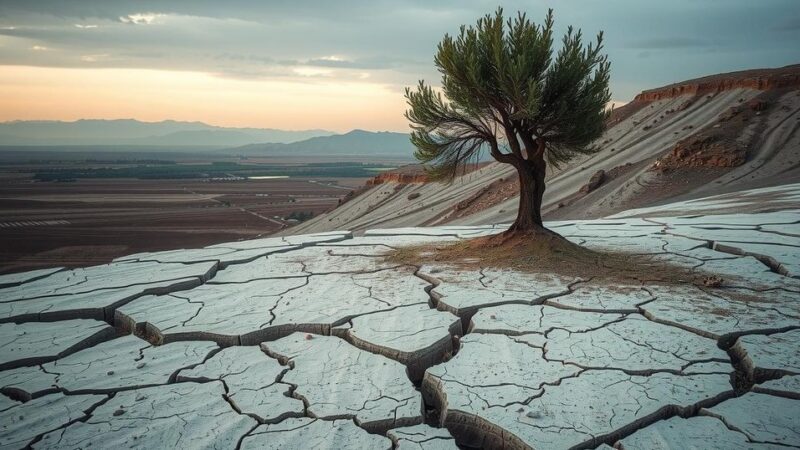Ethiopia and Israel’s recent water cooperation agreement has sparked alarm in Egypt, which fears negative implications for its water security due to the Grand Ethiopian Renaissance Dam. Egypt’s tensions with both countries have escalated alongside the dam’s construction, as it poses an existential threat to Egypt’s vital water resources. Growing ties between Ethiopia and Israel have intensified these concerns within Egypt, particularly amid broader regional tensions.
The recent water cooperation agreement signed between Ethiopia and Israel, on February 4, 2023, is raising alarms in Egypt. The agreement aims to enhance collaboration in capacity building and energy development, while simultaneously marking a continuing decline in relations between Egypt and both countries. Observers express that these strengthening ties may have negative repercussions for Egypt, particularly due to ongoing tensions regarding Ethiopia’s construction of the Grand Ethiopian Renaissance Dam (GERD) on the Blue Nile, a crucial water source for Egypt.
The GERD has been labeled an “existential threat” by Egyptian President Abdel Fattah al-Sisi, due to its significant impact on Egypt’s annual water allocation from the Nile. The dam is already complete, and Egypt fears that it will severely decrease the river’s water flow when filled, exacerbating the country’s existing water deficit of around 7 billion cubic meters per year. Efforts to negotiate a fair resolution involving Sudan have yielded no results, resulting in increasing anxiety in Cairo as the construction of the dam continues unabated.
Experts, such as Abbas Sharaqi, have indicated that the dam’s reservoir obstructs a substantial amount of the Nile’s water, greatly affecting Egypt’s water security. Although Egypt receives 55.5 billion cubic meters annually from the Nile, this barely meets the needs of its growing population and economy. As a countermeasure, the Egyptian government is investing heavily in desalination and irrigation projects to offset the dam’s adverse effects.
Historical relations between Egypt and Israel have evolved from hostility to a tenuous peace, marked by cooperation in areas such as intelligence and security. However, growing tensions regarding the situation in Gaza and potential Palestinian population displacement plans have strained this relationship. As Israel strengthens ties with Ethiopia, concerns in Egypt intensify regarding its water security and territorial integrity amid conflicting regional interests.
Officially, Egypt has refrained from commenting on the latest Ethiopia-Israel agreement, adhering to a longstanding policy of non-interference. Nonetheless, domestic observers remain apprehensive, suspecting that Ethiopia’s actions are politically motivated and that the oversized GERD is evidence of a strategic maneuver to extract concessions from Egypt. This growing suspicion underscores the broader implications of the Ethiopia-Israel partnership for Egypt’s national security and water resource management.
In summary, the recent cooperation agreement between Ethiopia and Israel has heightened Egypt’s concerns over its water security. The completion of the GERD poses significant threats to Egypt’s water supply, leading to fears of economic devastation. As regional tensions rise, particularly surrounding the Palestinian crisis, Egypt is increasingly wary of Ethiopia’s intentions and the implications of this burgeoning alliance with Israel.
Original Source: www.newarab.com






